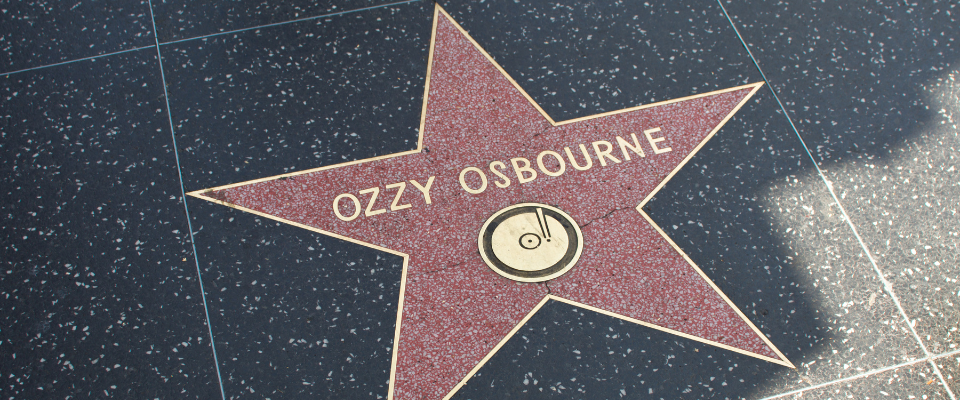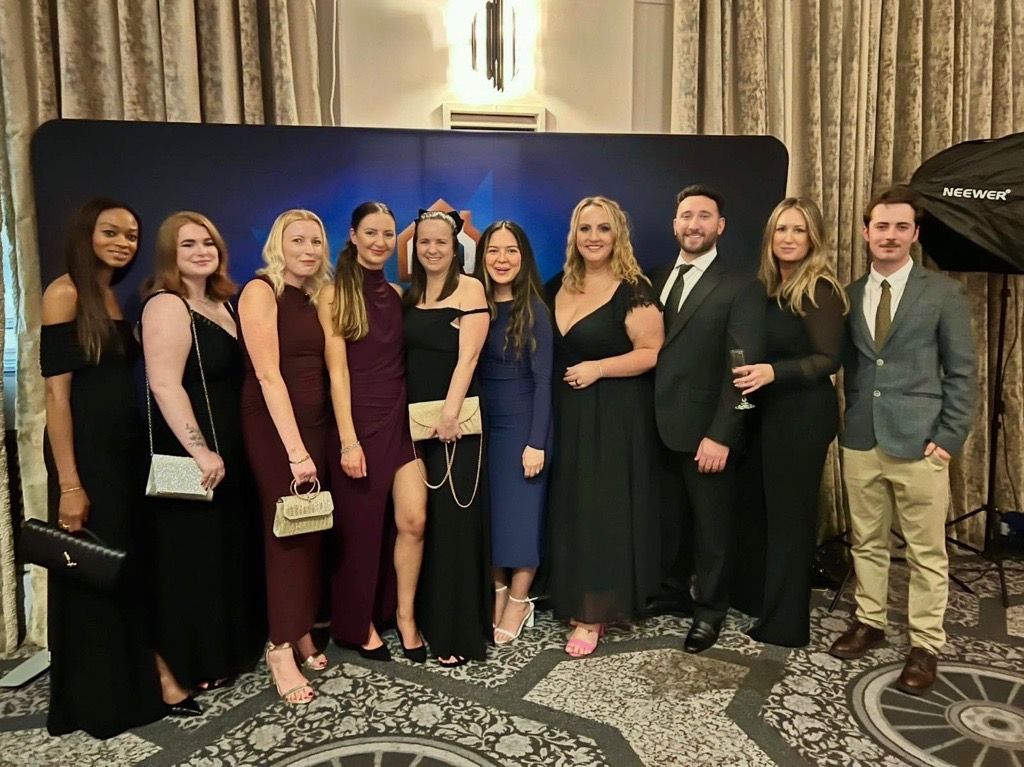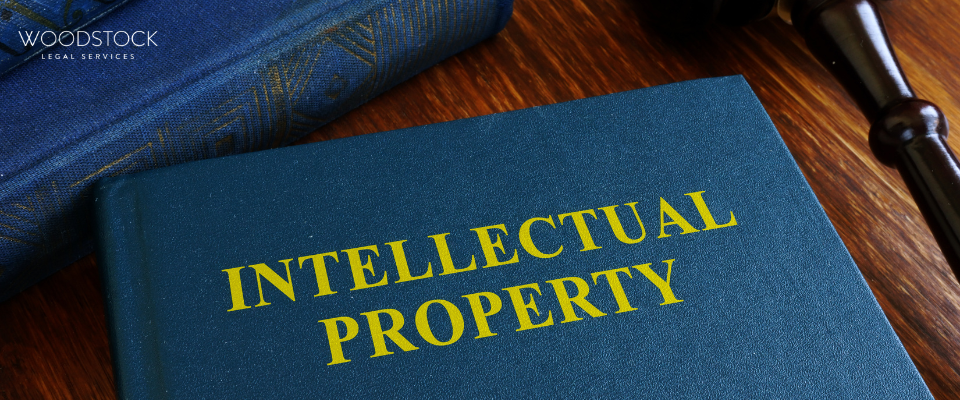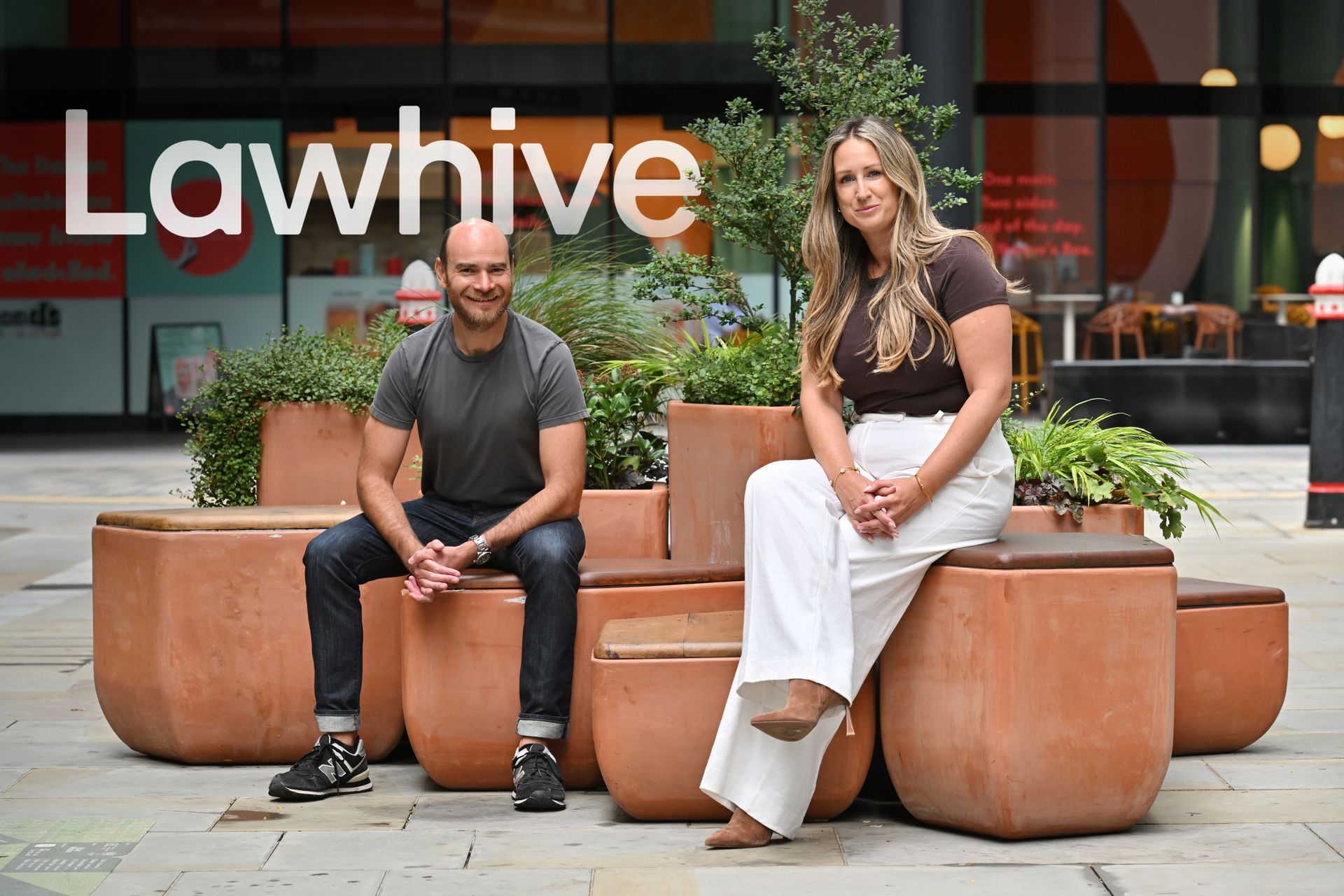Ozzy Osbourne Dies at 76: What Happens to His Royalties, Estate and Legacy?

Last week brought the sad news that Ozzy Osbourne has passed away at the age of 76. As the frontman of Black Sabbath and one of the most recognisable figures in British music, he leaves behind a powerful legacy that spans generations.
When someone in the public eye dies, the reaction is often immediate and emotional – tributes from fans, headlines, documentaries and playlists all surge to the surface. But there’s also another side to these moments, one that doesn’t make the front pages: the legal steps that follow.
Two of our consultants share their thoughts on what may be involved in a situation like this, and why these considerations are relevant to more people than we might think.
The practicalities families face after someone dies
After someone passes away, there are legal and administrative steps that need to be taken to manage the things they have left behind. This process is known as probate.
That might include property, savings and belongings, but it can also include ongoing income, creative work, and digital or intellectual property.
In a case like Ozzy Osbourne’s, this could mean:
- Royalties from past music and performances;
- Ownership of recordings, merchandise rights, or future publishing income;
- Personal items that may hold value publicly or privately; and
- Licensing agreements in the past or newly signed.
A clear, up-to-date Will can help guide how these things are handled. Without one, or if the details are unclear, those tasked with managing the estate may face extra challenges at a time that is already emotionally difficult.
Even in more typical situations, where there may not be fame or fanfare involved, many people have assets—financial or personal—that deserve to be thoughtfully looked after. Taking some time to plan ahead can make things much easier for those left behind.
Protecting a public legacy: music, image and reputation
It is important when you are a creative that the assets you license can come back to your estate when you pass away, and there is a clear clause in your contracts that this will happen. Also, in your Will, there have to be clear clauses about which family members have the rights to certain royalty income from the licence of your creative assets when you die.
Unfortunately, another legend, Prince, when he died, did not leave a Will, and it took six years and numerous court claims for his estate to be sorted, but his music assets are still to be decided.
When someone well-known dies, interest in their life and work often increases. Songs re-enter the charts, tribute events are organised, and their name or image may be used across social media, merchandise and the press.
Behind the scenes, there is legal work being done to protect how that person is remembered and represented.
That can include:
- Requests to use music in new films, documentaries or campaigns;
- Offers to produce merchandise or tribute performances;
- Monitoring public statements or press coverage that could be misleading; and
- Managing the commercial use of a name, brand or likeness.
In many cases, rights linked to music, performances, and reputation continue after someone dies. The estate often retains control over how that person’s work and identity are used, especially if there’s a risk of exploitation or misrepresentation.
Handled with care, this helps ensure the legacy is treated with the respect it deserves and that those closest to the person continue to feel supported and protected.
A few things to think about
You don't need to be a global name to think about what you might leave behind. Many of us have creative work, digital accounts, sentimental belongings or simply a wish for how things should be handled.
Making a Will, keeping a clear record of your assets, and choosing the right people to carry out your wishes can make a huge difference, not just legally, but emotionally too.
If you would like to talk about putting your affairs in order, or you are dealing with the loss of someone close to you and want some support with the legal side of things, reach out to Becci Newton, Private Client Solicitor, for a friendly and confidential chat.
If you are a creative and want to make sure that your music, art, audio-visual work, or writing gets passed on to the right person and not given to the company you license it to, then speak to Luke English, Media & Technology Solicitor, who can review your contracts to make sure you are covered.
This piece was written with insight from two consultants at Woodstock Legal Services, Becci Newton, Private Client Solicitor, and Luke English, Media and Technology Solicitor, who together bring a thoughtful perspective on how to protect your assets.
Contact Us
News & Insights












